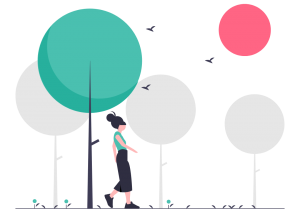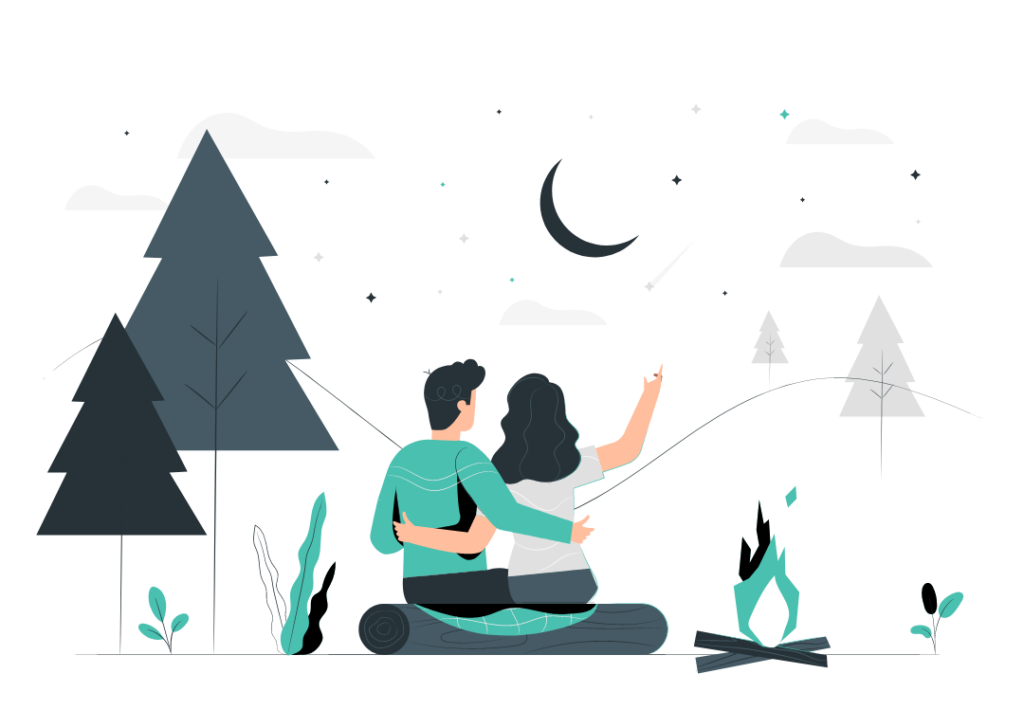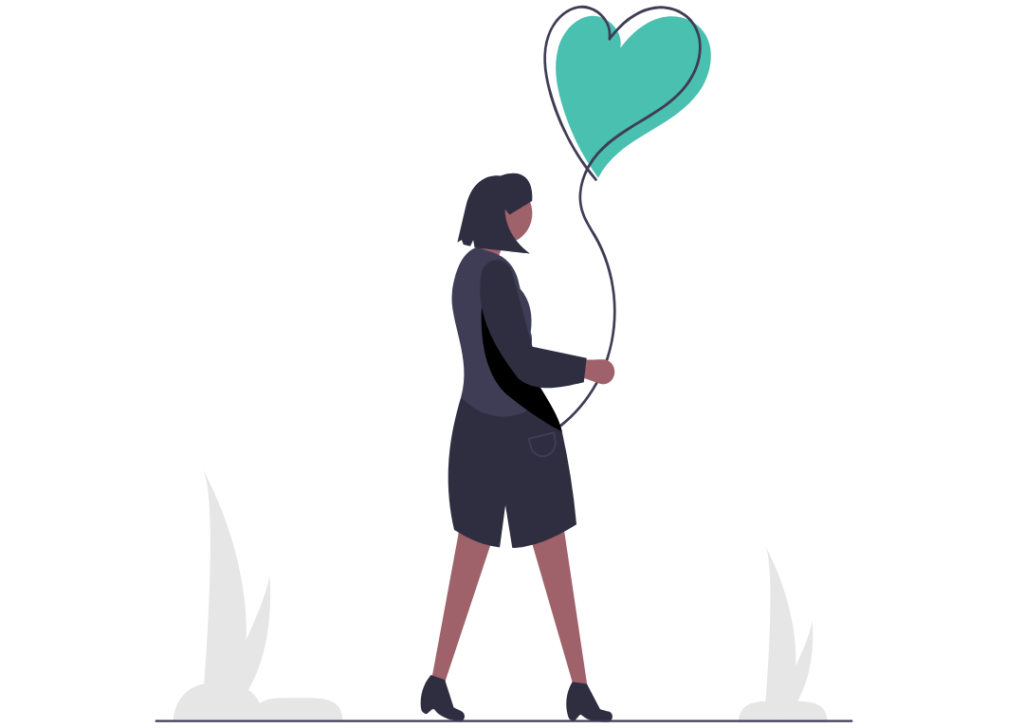
I’m Her Voice and Her Advocate
Melissa noticed her mom's forgetfulness and frequent trouble finding her way home from familiar places.

As Joy was mourning the loss of her father, her mother was diagnosed with cancer and required emergency surgery. Joy walks us through learning to accept her new normal as a caregiver, the complex process of obtaining power of attorney status, and the importance of getting to know your local care community. This is Joy's story.
As told to Open Caregiving and lightly edited to enhance readability while preserving the author’s voice.
Hi, my name is Joy. I’m a Gen X woman living in Georgia. I was previously a long-distance caregiver for my father who had dementia, and a primary caregiver for my mother who had colon cancer.
I was in my mid-thirties with a demanding journalism career. I lived in Georgia and my parents were in New Mexico.
I was a long-distance caregiver for my father, who had dementia. My mother was diagnosed with colon cancer months after my father’s death, and I was a hands-on caregiver for her. When she required emergency surgery, I was forced to quit my job and temporarily move to New Mexico to care for her for several months.
Accepting the fact that you cannot control the nature of a particular disease. Be prepared to adapt to a “new normal” and navigate roadblocks to care.
With my father, it was adapting to the changes in his behavior due to Alzheimer’s disease. Each day, each week can bring a new limitation or challenge and caregivers have to remain patient and flexible and connect to their loved ones where they are on their dementia journey. While it is instinct to correct someone when they misspeak, it really is not helpful to do so with someone who has dementia. It is better to redirect the conversation and not worry about the details.
I would also recommend spending simple quality time with your loved one who has dementia, instead of mourning what has been lost. The relationship will definitely be different, but there is much value in holding a hand or other basic forms of human connection. The key is to preserve as much dignity as possible while keeping your loved one safe.
With my mother, patience and flexibility were also required. I was not prepared for the roller-coaster ride of a cancer journey, from the emergency surgery to rehab to helping her regain her independence to the return of the cancer and helping her transition from this life. For those who are only children like myself, I’d recommend thinking about who will be in your care network if the need should arise.
Also, talk to your elderly loved ones about their wishes when it comes to medical care and end-of-life care. Prepare paperwork and make financial arrangements in advance, if possible. Older relatives may be resistant to having such difficult conversations, but it can make a huge difference to family caregivers if there is a plan in place if a medical crisis arises.
The amount of paperwork and red tape involved in obtaining power of attorney status and how lacking it can limit your access to medical records and ability to make medical decisions for your loved one’s care.
A close second is how expensive residential care is and how much of it is not covered by Medicare.
I didn’t do a great job as I am an only child and my parents had no one else to care for them. I managed to make trips home to Georgia while caring for my mother in New Mexico. I took a lot of walks, which was my main form of stress relief.
Get to know your local care community. Learn which caregiver support organizations are present, care facilities and their ratings, and home care agencies in the area. Ideally, you would do this before a family medical crisis arises.
Forming a support network is essential so that family caregivers can seek to prevent burnout.
Allow for more quality time to spend with my loved ones instead of being hyper-focused on caregiving duties. I wish I could have spent more time as a daughter to my parents as their health failed instead of having to shoulder the bulk of caregiving duties.
Don’t be afraid to ask for help and don’t be too hard on yourself.
I write about my caregiving experience on a site called Memories Project. It originally served as tribute to my father, then eventually my mother, and now as an advocacy tool.

Melissa noticed her mom's forgetfulness and frequent trouble finding her way home from familiar places.

Steve cared for his wife, who had Primary Lateral Sclerosis, for 15 years when she suddenly had a stroke. That was a wake-up call.

Klara was a few years out of college when her seemingly healthy mom was diagnosed with a rare form of cancer beyond treatment.